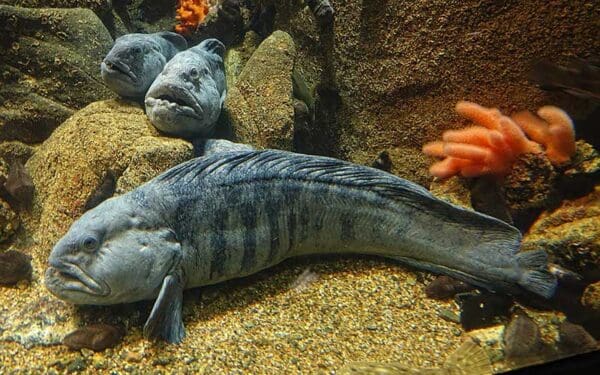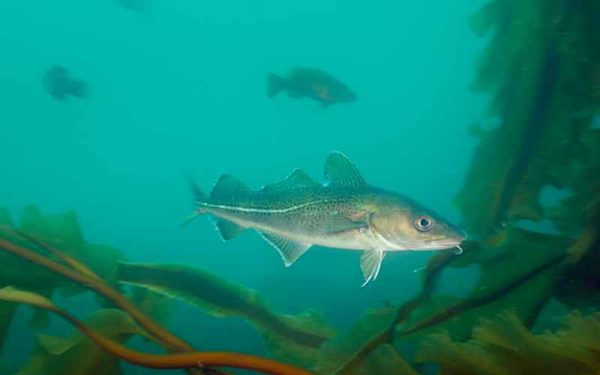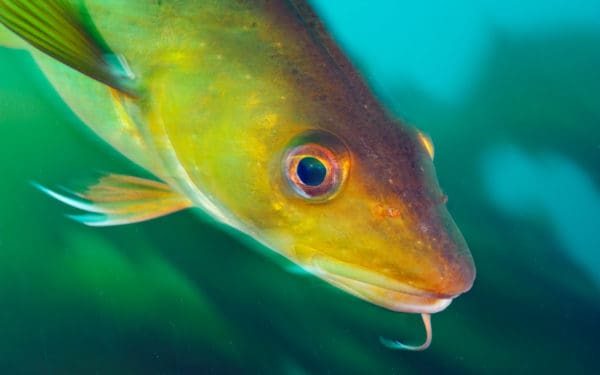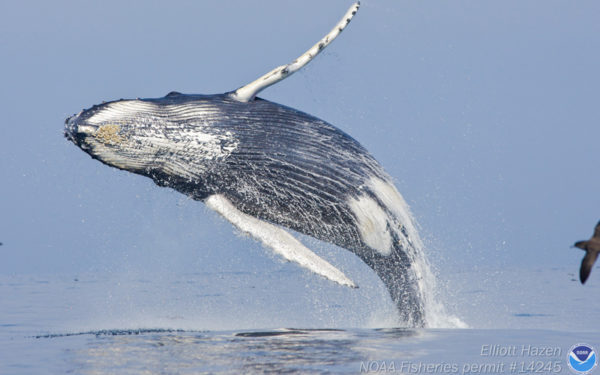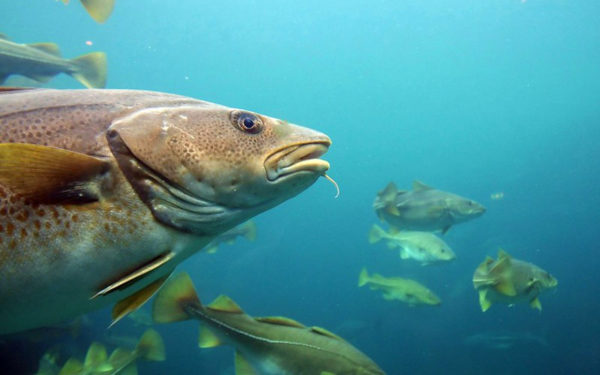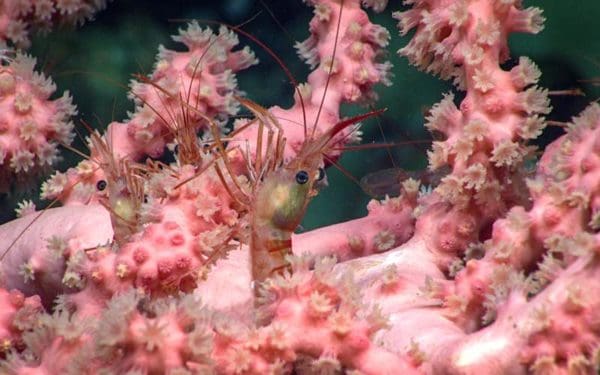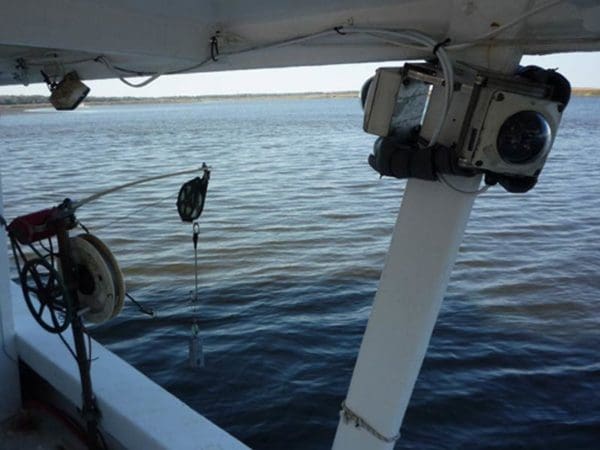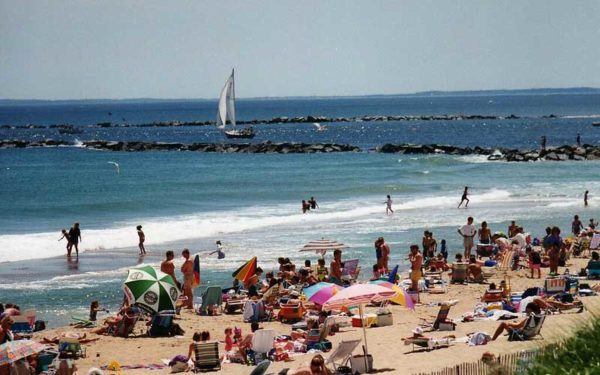Jun 06, 2023
New England’s ocean is full of fascinating and beautiful marine life. Each of these species depends on a healthy ocean to thrive, and all are impacted by the threat of warming waters caused by the climate crisis. Protected areas in our ocean, like the Northeast Canyons and Seamounts Marine National Monument, are known to help… Continue reading Discover Cool Creatures that Thrive in New England’s Ocean
Jan 31, 2023
New England’s fishery managers have adopted a new plan to help the Gulf of Maine cod population bounce back.
Dec 06, 2022
“The Atlantic cod population is struggling, and this vote is finally a step in the right direction,” said Allison Lorenc, Senior Policy Analyst at CLF. “After two failed attempts, this new plan will reduce fishing pressure to help cod recover while supporting fishing communities. Our hope is that this is the first of many decisions that will set cod on a path to a healthy population.”
Jul 29, 2022
As the federal government takes action to restore and conserve our nation’s lands and waters, strengthening protections for National Marine Sanctuaries must be a priority.
Jul 15, 2022
Federal fishery managers denied CLF’s petition to end overfishing and rebuild Atlantic cod. Now, New England fishery managers begin a third attempt to save cod.
Apr 29, 2022
As New Englander’s, we are lucky to have our very own marine National Monument in our backyards. But it shouldn’t be the last. Here are 5 reasons why we must continue to protect special places in our ocean.
Apr 13, 2022
“This is a watershed moment for New England’s cod population,” said Allison Lorenc, Senior Policy Analyst at CLF. “The groundfish fishery has been plagued by overfishing for decades, but 100% at-sea monitoring will provide critical information needed for sustainable management. It’s time Atlantic cod are allowed to thrive in New England’s waters, and today’s announcement is a major step in that direction.”
Apr 13, 2022
Federal fishery managers have approved a new rule that will require 100% at-sea catch monitoring to help stop overfishing species like Atlantic cod in New England.
Dec 08, 2021
“Today’s decision proves that the Council has completely abandoned its duty to develop catch limits that rebuild Atlantic cod to sustainable levels,” said Allison Lorenc, Senior Policy Analyst at CLF. “It is devastating to see this iconic species inch closer to complete collapse, and today’s decision does nothing to prevent that. It’s past time for NOAA Fisheries to disapprove these risky catch limits that don’t comply with the law.”
Sep 09, 2021
Climate change struck home for me when the waters at Salisbury Beach recently hit an unheard-of 75 degrees.
